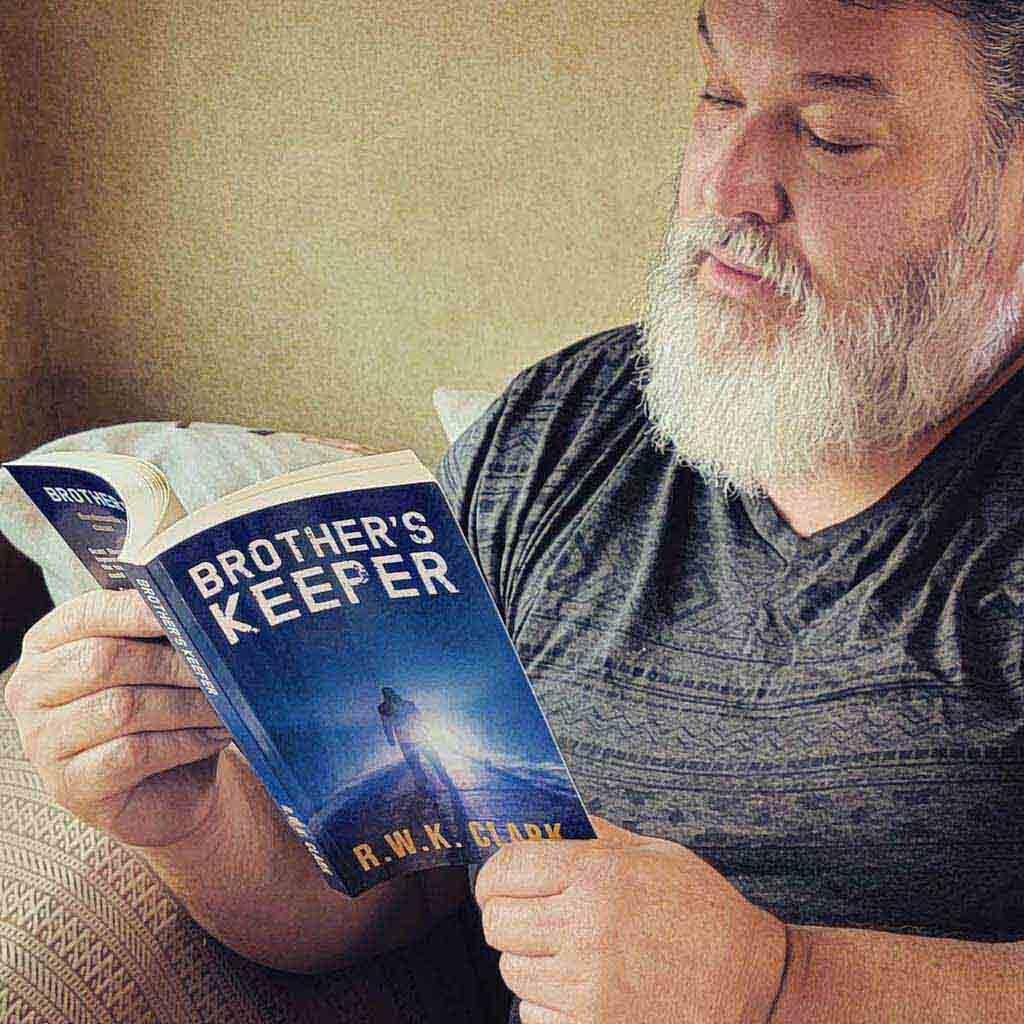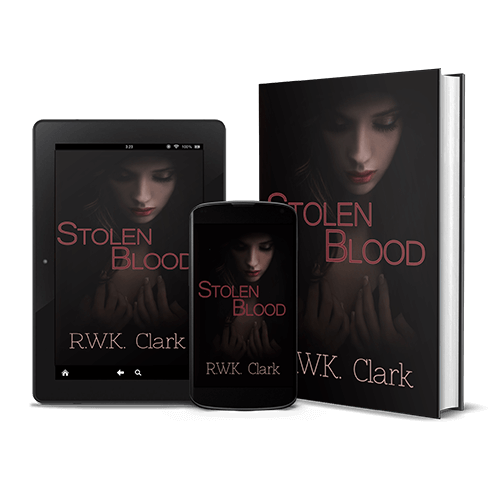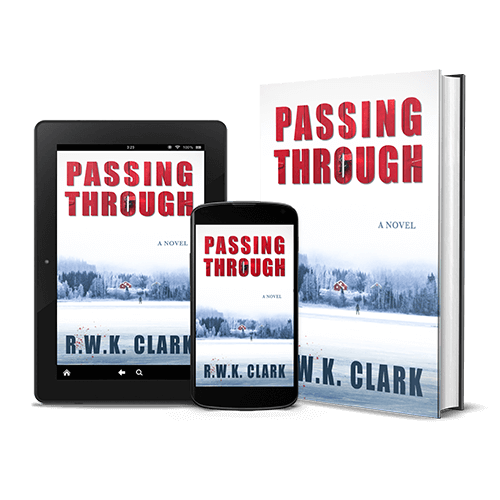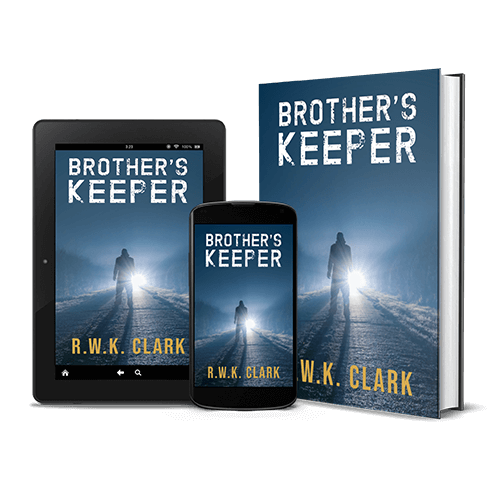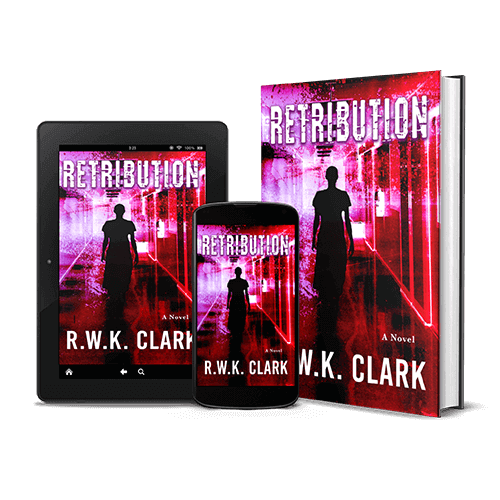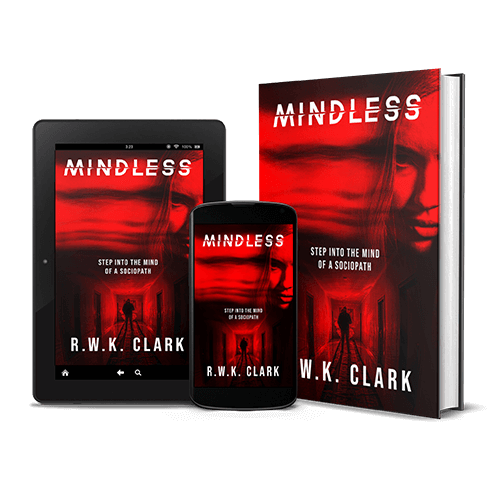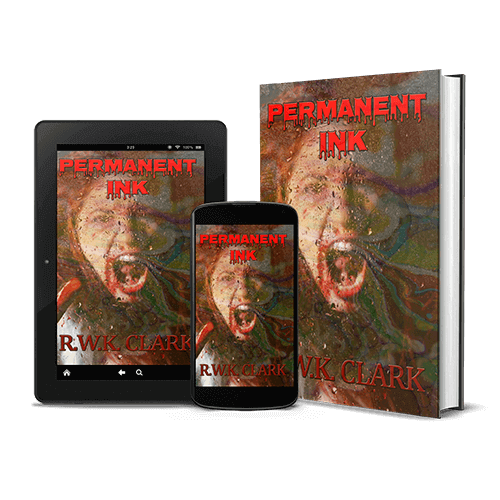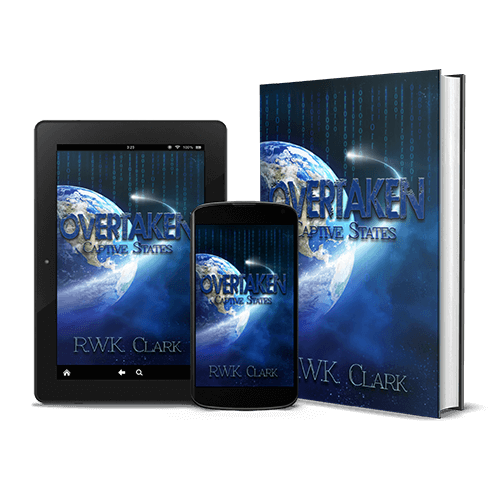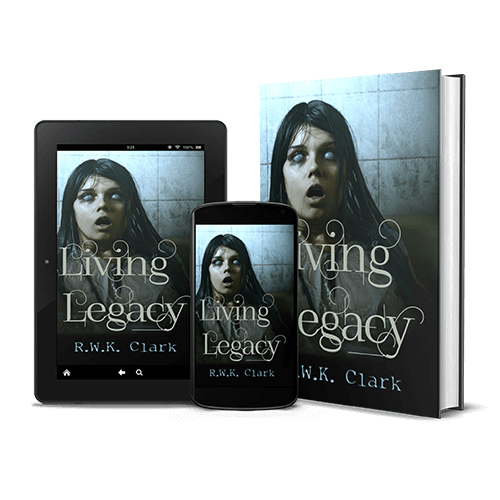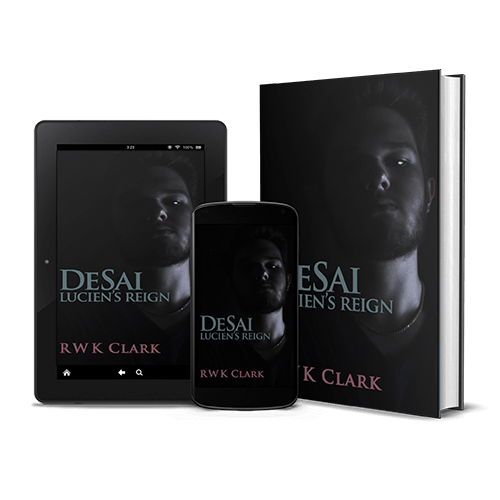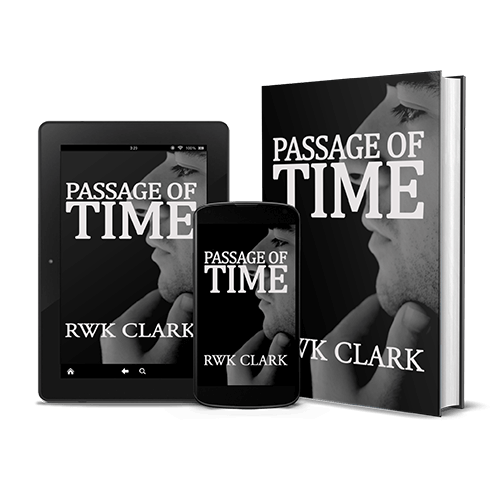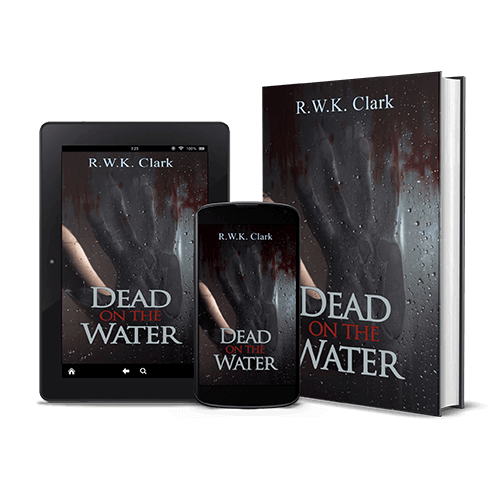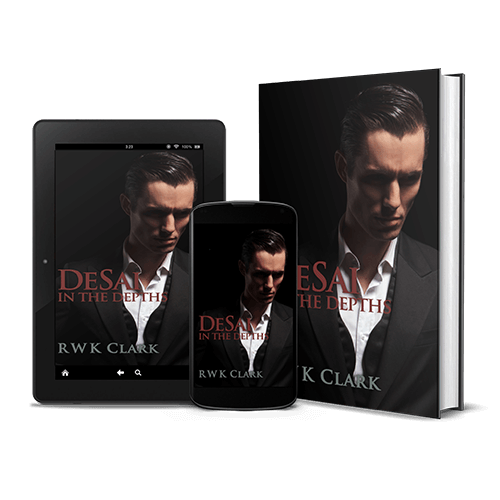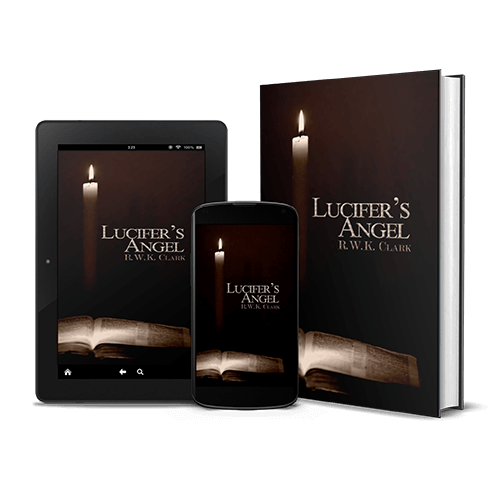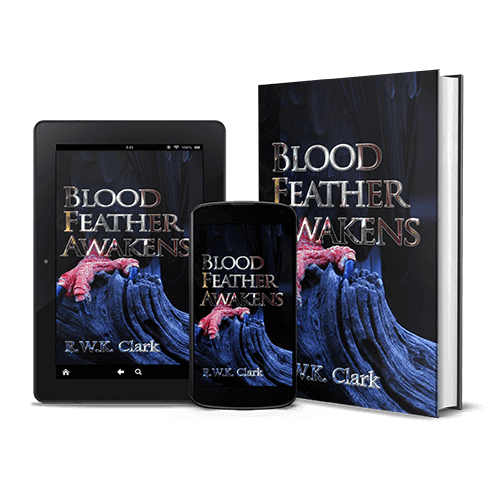Psychological thrillers form the best books for many people. Good thrillers ensure total entertainment of the audience. Thus, the audience will keep reading the piece.
If you read Passing Through, you’re first interested to know more about the perfect life of Rick and Donna. But there is a twist of events where it suddenly turns horrifying. What happens next? There’s so much entertainment in the book that you can’t stop reading until the end.
The Role of Psychological Thrillers
Humans have a special interest in books that involve violence and disaster. Besides, readers will develop an interest to understand changes in human life and behaviors.
What lies behind the broken minds is what drives humans to understand things that cause others to cross the lines.
When you read fiction, you could align yourself on one side or the other, relating the victim with a criminal or anything else. For example, as I read RWK Clark’s Brother’s Keeper I aligned with Scott Sharp, who loses his wife from cancer and gets arrested when trying to save a waitress from an attack. In prison, he starts realizing that the village has been under horrible murders, marking the beginning of his fate.
You could also encounter a piece narrated from a criminal point of view. In such a case, it will open up new thoughts in the field of human study with endless appeals.
Everyone loves to play detectives. As the story continues, you will keep guessing from the clues given. There is always a sense of achievement when a person infers the right.
Twists and exposure to dangerous situations within the psychological horrors are what provide a reader or a viewer a real-life experience, although in a controlled environment.
Thrillers in the Horror Genre
Characters in horror fiction are always popular. They trick the audience gently into relaxation to the plot and setting of the book or film.
Those who hold the roles remain popular before their makers pull the rug to show the hidden monster. Sarah Hathaway is such a perfect example in Lucifer’s Angel. The girl was God-fearing and lived a nearly perfect life before starting to explore witchcraft and dark powers.
Therefore, horrors in the genre are always a perfect way to entertain the audience. They feature supernatural elements while addressing realistic psychological fears.
-------------------------------------------------- --------------------------------------------------
Characters in the Thrillers Genre
Thrillers have several overlapping subgenres, including the psychological thrillers. Their features include the moods they give. They give the viewers high excitement, surprise, anticipation, anxiety, and suspense.
The ability of thrillers to create these feelings makes them more exciting to every audience. They ensure the book is as enjoyable as possible.

Characters in Crime Genres
Characters in a crime genre make sure that the fiction is much appealing to the audience. They make the fiction seem unsolvable and impossible to have the right answer.
Crime genres cause danger and tension, setting everything in motion. The crime is always the central part of the story. And the inability to solve keeps the reader and protagonist attached to the genre. If you read Box Office Butcher you will encounter an unknown killer being pursued by the detectives. Readers keep guessing whether Kevin Harmes will succeed and arrest the killer in the successive turns and twists of events created by R.W.K. Clark.
Characters in Mystery Genres
Mystery genres revolve around a character on a quest to solve a crime. They create intrigue since they reveal the antagonist’s identity at the climax of the story.
The audience gets clues across the story to join the investigations. The progression laced with clues and twists, crime culprit, detective, and problem solutions makes the genre more interesting.
Elements of Genres
All genres have one thing in common since they are how a person can tell a story. They revolve around a character, story, plot, and settings.
A genre will also include conflict, resolution, and the viewpoint to make it more interesting. Therefore, the genres base on similar situations.
Psycho is an Excellent Antagonist in Thrillers
Psychos are perfect for entertainment. They provide awesome dramatic and distorted images of an uncaring, calculating, and aggressive individual.
-------------------------------------------------- --------------------------------------------------
Psychos make good antagonists since they ensure a conflict within the genre that needs solutions. Thus, they play a significant role in thriller books and movies.
Making Excellent Protagonists
Empathy, distinction, and impetus are essential in making an excellent protagonist since they compel a character with emotional resonance. The distinction will draw the audience, while empathy will help them relate in all psychological thrillers.
A good protagonist can learn from their experiences, and through this, they become a better person. The character will change as the audience follows the fiction, making them likable and interesting.
Therefore, a good protagonist will change throughout the story. They will always start the book with a goal they must achieve in the end.
Summary
Downright evil or morally ambiguous characters make the book much more thrilling. The characters expose the audience to discover some depths and ambiguities that they could never know in real life.
The audience will also understand the vagaries and situations that dark alleys and minds can transverse in a way that takes them through powerful human emotions.
After much anxiety, fear, and anger, the narrator twists the audience in various ways to release their tension in a feeling of exhalation, leaving them on moral high ground with a well-served justice. There are intense emotions while watching or reading, though at the end, they leave the audience vacant, emotionally, and unable to read or watch something else for a while.
The crime thrillers stem from vicarious entertainment and the intellectual rush of participation in a mystery that the audience feels almost helped to unravel. All this makes thriller books much more interesting to most people.
Are you looking for a new book to read? Check out these thriller books! These books are page-turners that will keep you on the edge of your seat. They’re perfect for anyone who loves a good mystery or suspense story. You can buy them today on Kindle or at Barnes & Noble. So what are you waiting for? Pick up a copy today and start reading!
Official Amazon Page – Official Barnes & Noble Page

